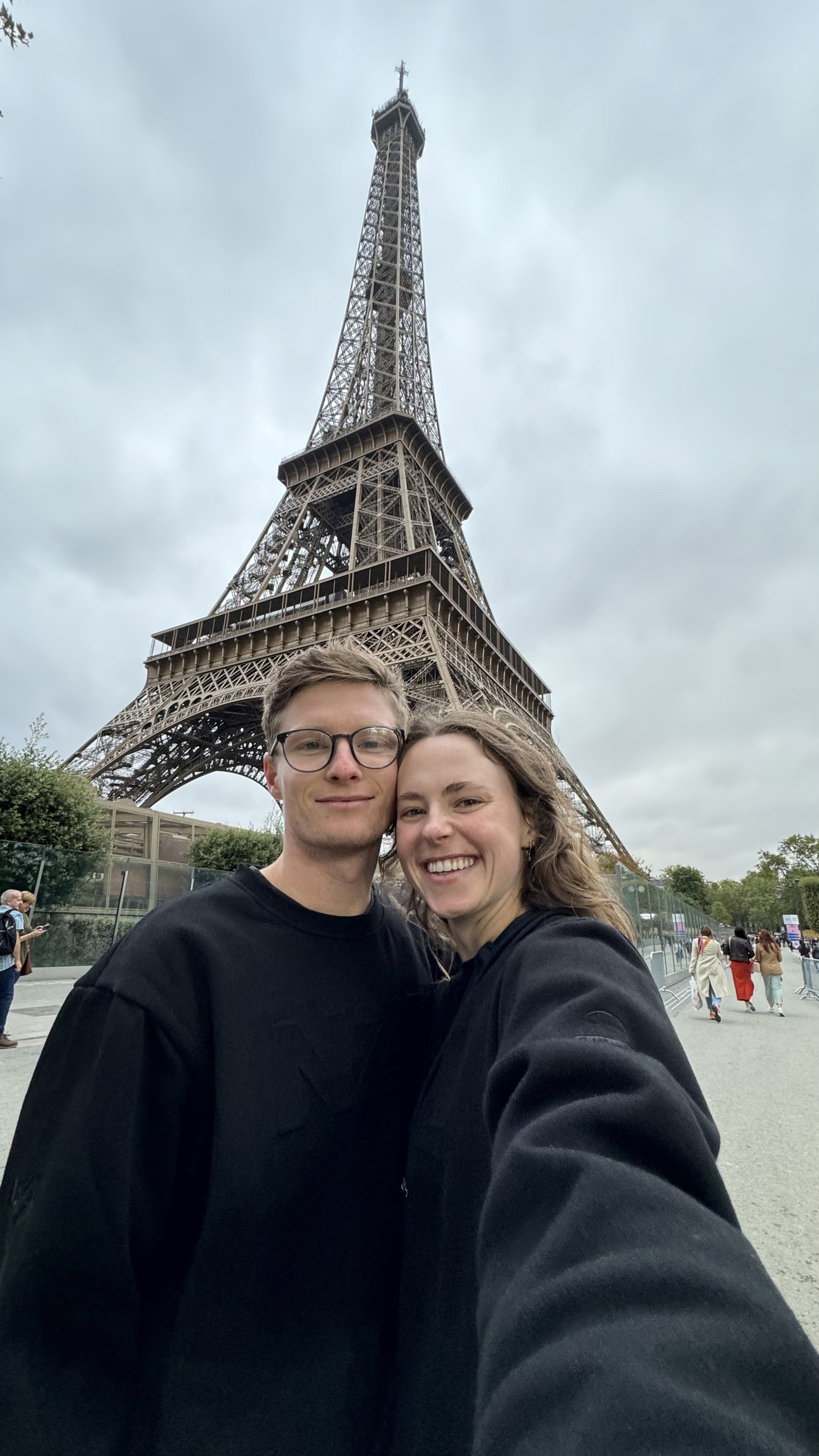
- SUBSCRIBER Class Act of 2014 - Where are they now?
Paralympic gold medallist Anna Grimaldi is holidaying in Europe but thinking ahead to four years from now.
‘‘I’ve committed to LA in 2028 so yeah, you’ll be seeing a bit more of me,’’ she says.
‘‘The next cycle starts when I get home.’’
A former Bayfield High School student who received a Class Act award 10 years ago, Grimaldi delighted New Zealand fans by winning gold in the 200m in Paris. She also won bronze in the 100m and missed a long jump medal by only 1cm after being the Paralympic champion in Rio and Tokyo.
The 27-year-old says she will probably continue with all three events but will take her time to make a final decision.
Since the Games, she and her partner, Australian Paralympian Jaryd Clifford, have been holidaying in Santorini, Crete, Athens and Turkey. She has enjoyed having a break from athletics and indulging her love of travel.

‘‘I think I was just too nervous or scared to say that I wanted to be an athlete because I didn’t realise there was a path for someone with one hand.’’
At first, she was driven by the goal of becoming a Paralympian. With that achieved, she wanted to prove she had deserved her gold in Rio and it wasn’t a fluke. The thought plagued her Tokyo campaign because it became all about defending her title.
A lot of work went into getting to the point where she could stand on the track in Paris, confident she was in the right place and of who she was away from the arena, she says.
‘‘I have great friends and family. I come from one of the greatest regions in New Zealand. I enjoy doing X, Y and Z. And I’m worthy of happiness, being a high-performance athlete and having this as a career, even if I don’t win.’’
She also realised she had spent almost her entire life - ‘‘so much energy and brain space’’ - trying to fit in and trying not to draw attention to her disability. Even now, it is hard to shake some learned behaviours such as wearing clothes with long sleeves or sitting with her right arm behind her back.
The Dunedin woman, who returns home on November 5, says she is looking forward to walking along John Wilson Ocean Dr and taking in how ‘‘beautiful’’ the city is. She is also keen to share her story with others.
While many things have remained consistent since she received a Class Act award, there have been many changes, too.
‘‘I’ve achieved far more than I thought I would when I finished school. My career as an athlete has been beyond my wildest dreams. Even that it is my full-time job is something I never fully imagined.’’
Most importantly, she knows who she is and what she stands for.
‘‘It’s just been understanding who I am and getting more confidence to really lean into the fact that yes, I am disabled and that’s OK,’’ she says.
‘‘In fact, it’s more than OK. It’s a great part about me.’’












